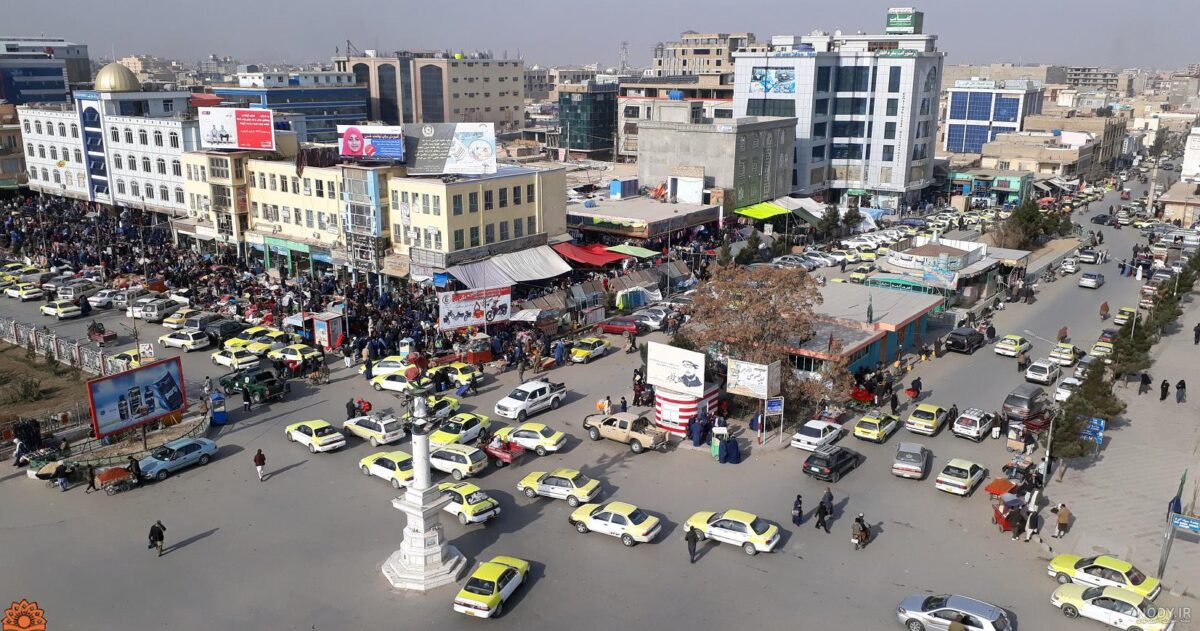MAZAR-I-SHARIF, Afghanistan — The women’s movement in northern Afghanistan has reported the arrest of several women and girls by the Taliban in Balkh province.
The movement said in a statement that the Taliban arrested the girls for various reasons, including not adhering to the Taliban’s required dress code. In exchange for their release, the families are reportedly being asked for property as collateral or money.
In Kabul, some girls expressed fear of going outside following the recent arrests. Fatima, a student, was prevented from attending her educational center due to fear of arrest. Two years ago, she was a ninth-grade student, but her education was halted after the Taliban ordered the closure of schools for girls. Fatima had hoped to learn English and attend a prestigious international university.
“Now, I can’t continue my studies,” she said, expressing her fear following the recent crackdown on women and girls for not observing the Taliban’s strict dress code.
In northern Afghanistan, sources report that the Taliban have arrested five to seven women in recent days for not wearing the hijab. It’s unclear if these women have been released.
Karima Azam, head of the women’s movement in northern Afghanistan, said, “Even though women in the north strictly observe the hijab, the Taliban arrest girls for trivial reasons like improper hijab fit or lack of socks. Families are too afraid to speak to the media. When they try to free their daughters, they are asked for property or money as collateral.”
Since the beginning of this month, dozens of women have been arrested by the Taliban for their clothing, according to women’s rights activists. The arrests have extended from Kabul to Bamyan, Daikundi, Ghazni, Kunduz, and other provinces. Some women reported that the Taliban demanded property and large sums of money for their release.
“The successive arrests have reduced the presence of women and girls in Kabul,” a Kabul resident said. “The Taliban seem to be forcing them into house arrest.”
Human rights activist Hadia Sahibzada blamed the United States and the United Nations for neglecting the plight of Afghan women during negotiations with the Taliban. “The result is that half of the country’s female population is isolated and suffering mentally and emotionally,” she said.
Meanwhile, concerns grow over the fate of women’s rights activist Manizha Sediqi and other female activists reportedly detained in Taliban prisons, with Human Rights Watch expressing concern over their treatment.





